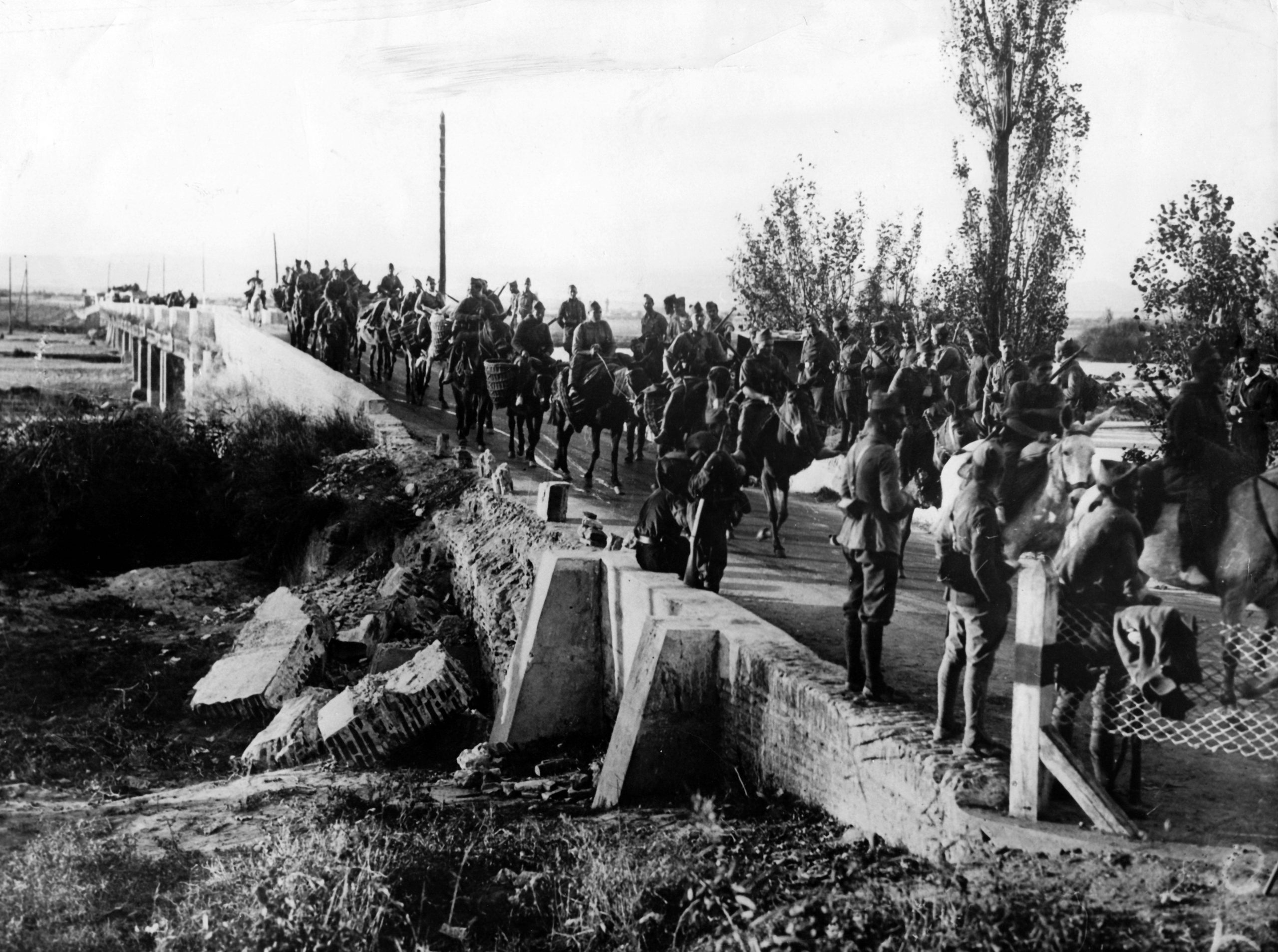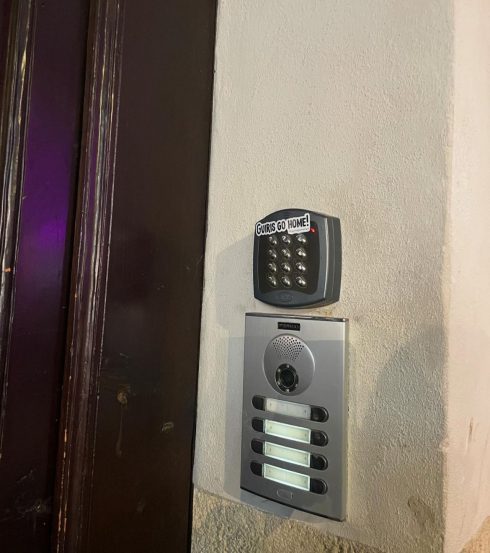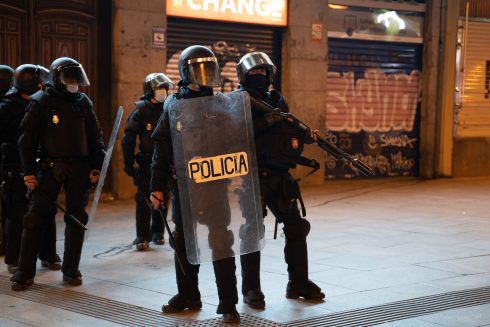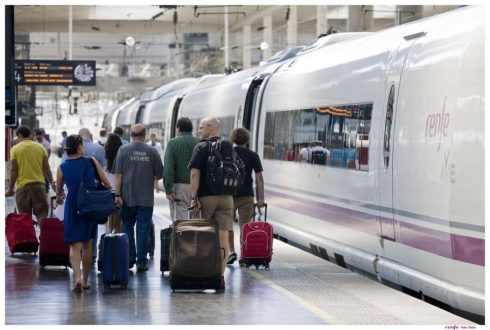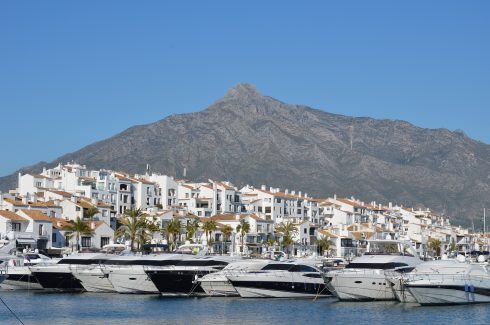EARLIER this month, the Socialist Party-led central government approved a new piece of legislation: the Democratic Memory Law. The legislation passed with 128 votes in favour, 113 votes against and 18 abstentions in the Congress of Deputies, Spain’s lower house of parliament.
The aim of the law is to address some of the open wounds that remain from the Spanish Civil War (1936-39) and subsequent dictatorship of Francisco Franco. It builds on the Historical Memory Law passed in 2007 by another Socialist Party administration, and which recognised the victims of the conflict and dictatorship.
The central government is planning on designating €13.95 million to the new law in the 2023 budget, but it will have to move fast if it is to get things done. There is little more than a year to go before a new general election in Spain, and the leader in the polls, Alberto Núñez Feijóo of the main opposition Popular Party (PP), has committed to repealing the law should he come to power. What’s more, the remaining victims are now of advanced age.
Here are some of the main points included in the legislation:
Valley of the Fallen. The controversial monument to the Civil War dead figures prominently in the law. The name will be changed to the Valley of Cuelgamuros, in reference to the local area, and no figure related to either Franco’s military coup, the Civil War or the dictatorship will be honoured there. Franco’s body was exhumed from the site in 2019 and the family of the founder of the fascist Falange party, José Antonio Primo de Rivera, this week announced it would move his remains before the government did. The government also wants to turn the monument into a place of remembrance, with an explanation of its history and a tribute to the victims.
A DNA database. The law will also seek to further address the many victims from the war and Franco era whose bodies lie in unmarked graves. The plan is for regular digs to seek these remains, and if they are found, the land will be temporarily expropriated by the state. A DNA database of victims from the time will be created. The search for the missing dead will account for 60% of the total budget assignation for the new law, according to figures cited by Spanish daily El País
Quashing of sentences. Under the legislation, all sentences passed down by Franco-era courts will be quashed.
Cancellation of titles, medals and pensions. Any title that was conceded by the Franco regime will be eliminated, while a complete case-by-case review of all of the pensions or other financial rewards that were granted will also be subject to scrutiny. Improved education. The legislation will seek to address the lack of teaching in Spanish schools about the Civil War and the Franco era. This proposal may be complicated, however, given that Spain’s regions are in charge of education and those governed by the PP with far-right Vox will oppose such a move.
Read more:
- Founder of Spain’s fascist Falange party to be exhumed from Valley of the Fallen by family
- Donald Trump among foreign politicians to send message of support to Spain’s far-right Vox

